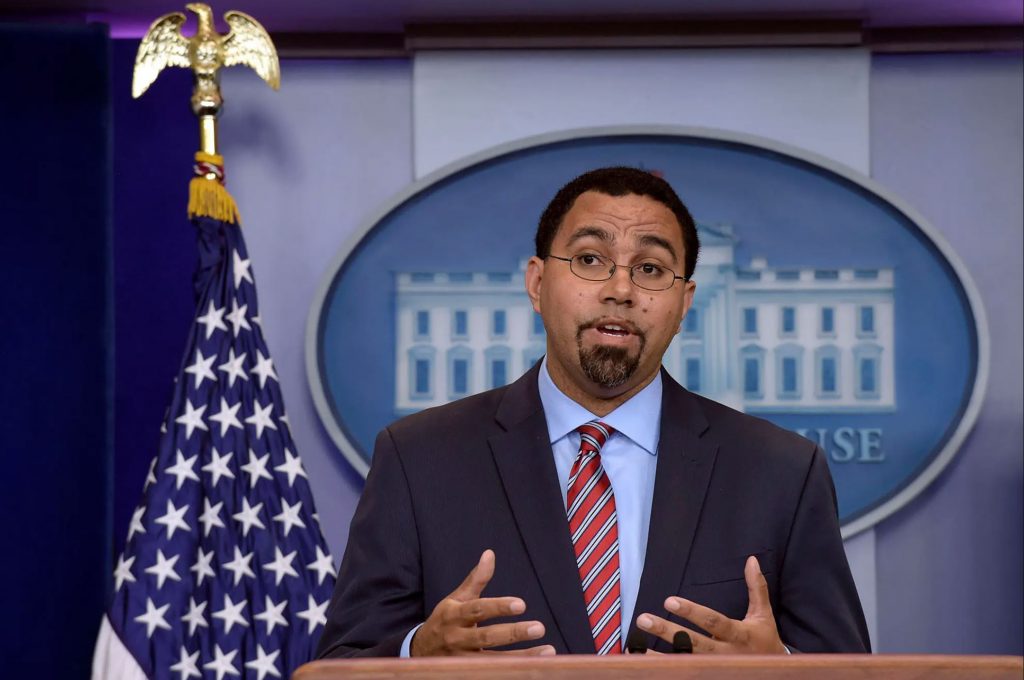SUNY Chancellor John King recently announced an expansion of efforts to support students completing their Free Application for Federal Student Aid (FAFSA) forms across all 64 SUNY campuses.
These efforts are designed to mitigate the delays and other issues caused by the streamlined version of the form released last December. SUNY hopes to diminish these changes’ impacts by hosting virtual and in-person sessions with financial aid experts and extending enrollment deposit deadlines to May 15.
The new form design is part of the FAFSA Simplification Act passed in 2020, which sought to increase aid eligibility and shorten the form. The revisions were made to factor less family and student income into financial need calculations, increasing the amount of students eligible to receive aid. However, the U.S. Department of Education (DOE) failed to adjust the tables to accommodate rising inflation, resulting in an unnaturally high Student Aid Index, which could cause many families and students to miss out on need-based scholarships.
“The delayed release of student financial aid data was necessary for the [DOE] to make corrections to the Student Aid Index calculation,” a SUNY spokesperson wrote. “Once the corrections have been made and the data is released to campuses, financial aid packages can be created and released to students using accurate data.”
The DOE announced that they do not expect to transfer FAFSA student data to universities until about mid-March, which will delay the rollout of financial aid offers and give prospective students less time to select and enroll at a university. These delays disproportionately affect students who depend on financial aid to attend college, especially Pell Grant-eligible students.
“Offering more financial aid sessions this spring, and pushing enrollment deposit dates back, will allow current and prospective students and their parents [and] guardians more time to determine what financial aid is available to them and make a more informed decision about the future of their education,” the spokesperson wrote.
Donald Loewen, Binghamton University’s vice provost for undergraduate education and enrollment management, highlighted the progress made in helping families experiencing delays and adjusting to the new changes.
“Like every other college and university, we’re trying to help students and their families make the adjustment because of the delays this spring,” Loewen wrote in an email. “We’re partnering with SUNY to help provide resources to students and their families, offering expanded support hours for those who have questions and extending the time for students to make an enrollment decision.”
Simplification efforts remain an important goal for both the DOE and SUNY. In her 2024 State of the State address, New York Gov. Kathy Hochul proposed a plan to make the FAFSA universal for high school seniors to increase completion rates, with studies showing that students who complete the FAFSA are more likely to attend college. The spokesperson emphasized that every year, millions of students do not complete the FAFSA, leading them to miss out on financial aid packages. Over $4 billion in nationwide Pell Grants and $226 million in New York state alone were left unclaimed last year.
“I had such a hard time doing my FAFSA,” Sarah Harmon, an undeclared freshman, said. “It took me so long, [and] I wish I knew more about it and how to properly fill it out. It caused my family [and me] so much unnecessary stress.”



